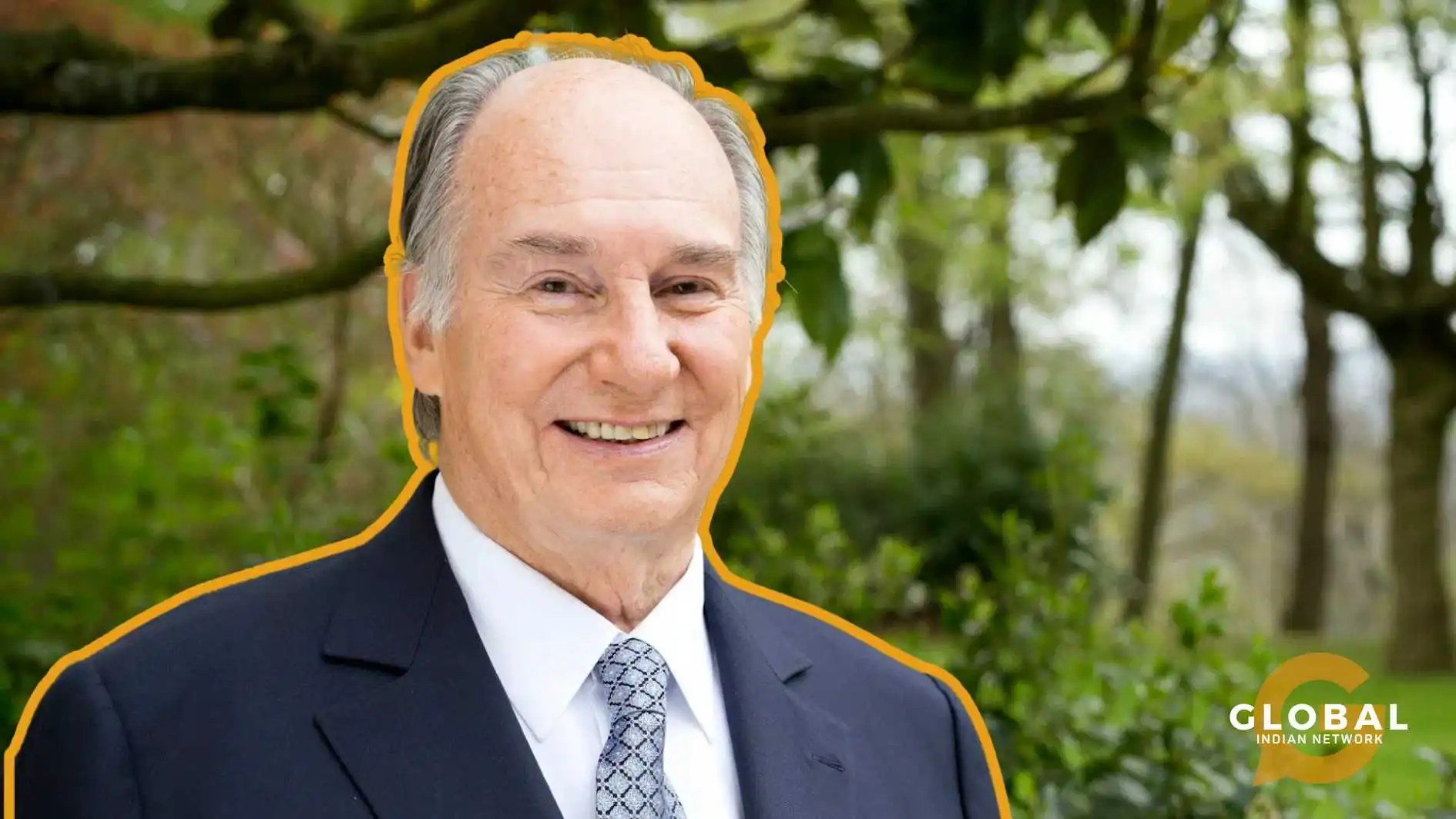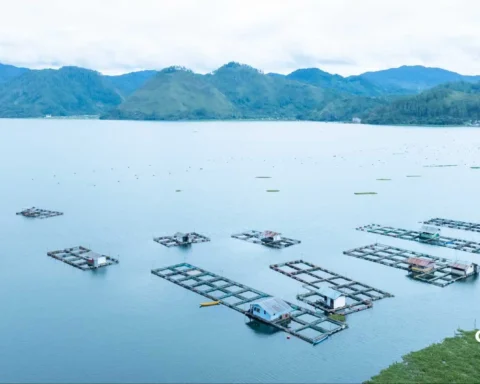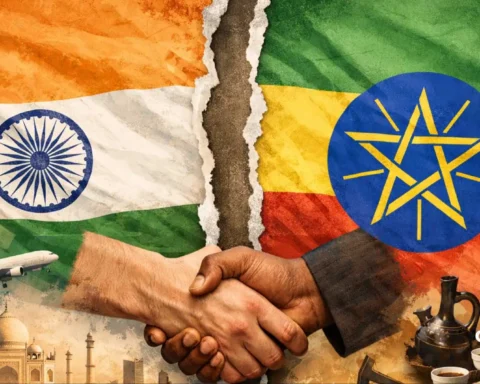The world mourns Agha Khan IV, who passed away on February 4, 2025, at the age of 88 in Lisbon, Portugal. His real name is Prince Karim Al-Hussaini Aga Khan IV. He was the 49th hereditary Imam of the Shia Ismaili Muslims. He made significant contributions to society, dedicating 67 years to improving the spiritual and material well-being of over 15 million Ismailis across 25 countries.
Aga Khan is the hereditary title for the spiritual leader of Nizari Ismaili Muslims, a Shia Islam sect known for their philanthropic efforts and global establishment of educational and medical organizations.
Aga Khan IV, known for his business acumen, encouraged his followers to become citizens of their countries and leave persecution-stricken ones. He held significant stakes in hotels, airlines, and newspapers. Through the Aga Khan Foundation, he funded aid agencies in South Asia and East Africa and the Aga Khan Fund for Economic Development (AKFED) for manufacturing, tourism, and financial services.
Key Facts
Aga Khan IV, born in 1936 in Geneva, Switzerland, is the Imam of Nizari Ismaili Muslims and the founder of the Aga Khan Development Network. He succeeded his grandfather in 1957 and holds a net worth of over $13.3 billion, making him one of the world’s richest royals. Aga Khan IV is also the chairman of the Aga Khan Development Network.
Aga Khan Development Network (AKDN)
AKDN is a global private development network that aims to eliminate global poverty, promote secular pluralism, advance women’s status, and honour Islamic art and architecture. The organization focuses on improving the environment, health, education, architecture, culture, microfinance, rural development, disaster reduction, private-sector enterprise promotion, and revitalizing historic cities. AKDN generates $3.5 billion in annual revenue and has raised $1 billion for social, economic, and cultural development in Afghanistan.
Infrastructure and Services
The Aga Khan Historic Cities Programme (AKHCP) has initiated nearly 20 revitalization projects, while the Aga Khan Trust for Culture (AKTC) has restored 346 historic sites and created 10 major parks and gardens. These are spread in different parts of the world. It has also created five power plants, providing electricity to 10 million people in Asia and Africa. It operates over 200 health centres, hospitals, clinics, and community health programs, providing healthcare to 5 million people annually. Additionally, it has helped 8 million people achieve food security and higher income.
Imamat and Community Leadership
Aga Khan IV became the 49th Imam of the Nizari Ismailis in 1957, succeeding his grandfather. He was chosen due to his experience in the modern era. Aga Khan IV initiated resettlement efforts for Nizari Ismailis displaced from Uganda, Tanzania, Kenya, and Burma. To mark his Silver Jubilee from 1982 to 1983, he launched social and economic development projects, including the establishment of Aga Khan University in Karachi and the expansion of schools and medical centres.
During his Golden Jubilee from 2007 to 2008, Agha Khan IV visited various countries and established the Ismaili Center Houston. He also initiated the Jubilee Games, an international sporting event for Nizari Ismailis, held in Kenya in 2008 and Dubai in 2016. Aga Khan IV was the first faith leader to address the Joint Session of the Canadian Parliament on February 27, 2014.

Notable Architectural Projects
The Aga Khan Award for Architecture (AKAA), established in 1977, sponsors architectural projects addressing Muslim society’s needs and aspirations. The award, associated with the AKTC, recognizes contemporary design, social housing, community development, restoration, and landscape improvement. The prize is US$1 million, shared among multiple winning projects over three years.
His Highness the Aga Khan tours Delhi urban renewal project
The 2004 Aga Khan Award for Architecture was presented at Humayun’s Tomb in New Delhi, honouring seven projects that upheld high architectural standards while embodying the values of Muslim societies. The winning projects include the Bibliotheca Alexandrina in Alexandria, Egypt, Primary School in Gando, Sandbag Shelter Prototypes in Asnaf, Yemen, Old City of Jerusalem Revitalisation Programme in Jerusalem, B2 House in Ayvacik, Turkey, and Petronas Towers in Kuala Lumpur, Malaysia.
Courtyard façade and central pool. New Life for Old Structures, Iran various locations, Iran
International awards have been given to various projects, such as the Arcadia Education Project in Bangladesh, the Wadi Hanifa Wetlands Project in Riyadh, Hutong Children’s Library and Art Centre in Beijing, Tabassum’s Tabasque Mosque in Uttara, and Tabart Pedestrian Bridge in Tehran, recognizing their contributions to low-cost housing and urban planning in their respective countries.
Women’s Rights
Aga Khan III established the foundation for Ismaili women’s advancement, and Aga Khan IV has built upon this, notably through the Aga Khan Development Network (AKDN), promoting women’s rights.
Aga Khan IV aimed for women to make up 40-50% of members in institutional councils, with many holding high-ranking positions. The Aga Khan Foundation’s Afghanistan Women’s Empowerment program provides vocational skills training, business management, and entrepreneurship to advance women’s economic independence. The Women Social Enterprise project in Pakistan trains women in men-dominated professions like carpentry, furniture making, and woodwork to enhance their incomes.
Aga Khan IV highlighted the vital role of education in upholding women’s dignity and fostering respectful, stable societies, a principle evident in the AKDN’s global development initiatives.
Agha Khan IV and Global Indians
Aga Khan IV, a prominent figure in East Africa, fostered positive relations with various ethnicities, particularly the Nizari Ismailis, who were part of the South Asian diaspora. After Idi Amin‘s expulsion from Uganda in 1972, he took urgent steps to resettle displaced Nizari Ismailis, many of whom found new homes in Asia, Europe, and North America. He urged industrialized nations to support developing communities through various programs, and his work with AKDN significantly benefited India.
On September 18, 1972, Ugandan Asians boarded specially chartered flights to Britain following the expulsion of all Asians from Uganda by military dictator Idi Amin.

Our Respect
Aga Khan IV, a global statesman and humanitarian, significantly enhanced the quality of life for vulnerable populations. His efforts in establishing homes, hospitals, and schools in developing countries earned him global recognition as a visionary and altruist. His passing away marks the end of an era.
His legacy has etched his name in the annals of history. His unique achievements are far beyond what a single person can contribute to society in a lifetime. Today’s world needs such philanthropists who can revolutionize human lives.









